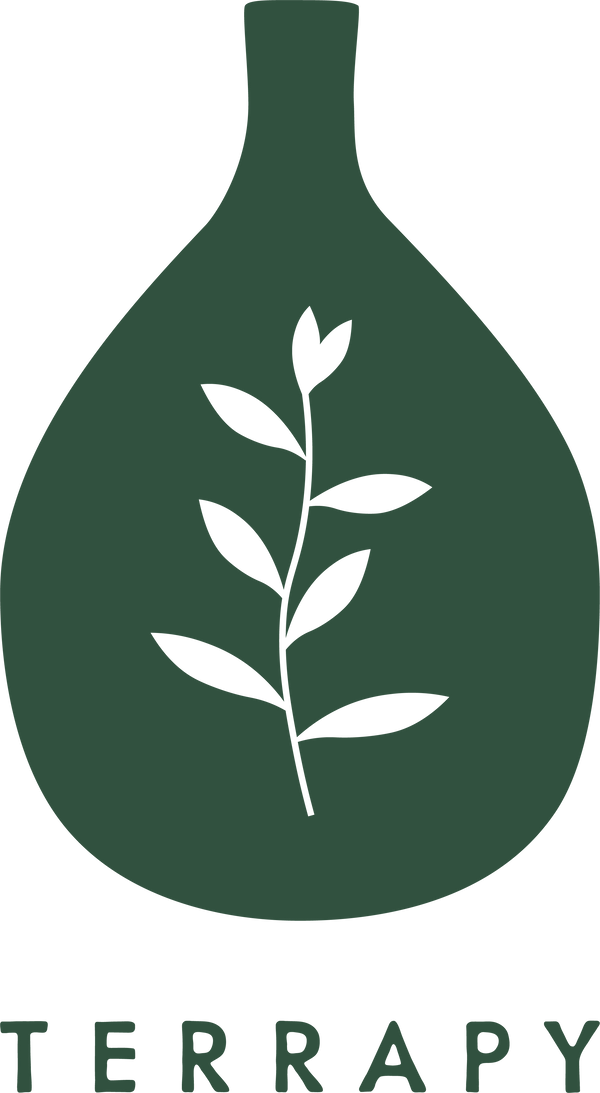Transparency & Disclosures
We believe all organisations should be completely clear about their structure, ownership and policies, so this page will contain lots of information about us and how we do business, in accordance with UN driven transparency recommendations.
Collapsible content
What is Terrapy's highest level of corporate oversight?
Owner or Manager Governed (including Board of Directors with only owners/ executives)
Who is the Beneficial Owner of Terrapy?
Seb Tribe, the human behind Terrapy!
Does Terrapy disclose its financial performance?
The transparency requirement in this area is typically to share this information with employees of the company to meet the objectives of UN SDG 16.6, however we will go beyond this and share some key information with the public where we think it’s necessary, most notably in relation to our charity work and contributions.
Does Terrapy disclose its social and environmental performance?
We plan to publish an annual impact report on this page once the business is incorporated.
Can Terrapy share the identity of its Board of Directors?
Terrapy is not incorporated and consequently has no Board of Directors. Upon incorporation, the identity of all Directors will be publicly disclosed.
Does Terrapy have any policies or practices designed to ensure that the company pays its fair share of taxes?
At this stage Terrapy is not incorporated, so all profits are treated as personal income of the owner and are taxed according to standard UK income tax bands. When Terrapy incorporates, a formal policy will be instituted to ensure public tax transparency.
How does Terrapy use my data and protect my privacy?
Terrapy’s email list building and email marketing strategies are GDPR compliant.
How is the Terrapy Pay it Forward Scheme managed?
The Terrapy Pay it Forward Scheme is a fund of client contributions which is used to acquire materials to run free workshops. The objective of the scheme is to remove economic barriers to horticultural access and bring the wellbeing benefits of horticulture to those who would otherwise struggle to access them.
Beneficiaries of the scheme are individuals supported by registered charities. We approach these charities and make an offer of a free session for beneficiaries who:
- have limited access to horticulture/nature or a demonstrable unfulfilled need for the mental health benefits of horticulture/nature
-AND-
- lack the Means or Ability to access the experience themselves at a public workshop.
-AND-
- conform to the Means-Based Exclusion Threshold.
Definitions:
Means: the £30 minimum cost of a public session must represent a significant economic barrier to the beneficiary.
Ability: the beneficiary must be prevented from attending a public workshop location by social, economic or health reasons.
Means-Based Exclusion Threshold: the £150 minimum cost of a private one-to-one workshop at the beneficiary’s home must constitute a significant and prohibitive economic barrier.
Funds for the scheme are solely applied in the above context. A separate bank account is maintained to ring-fence Pay it Forward Scheme funds from the rest of the business.
